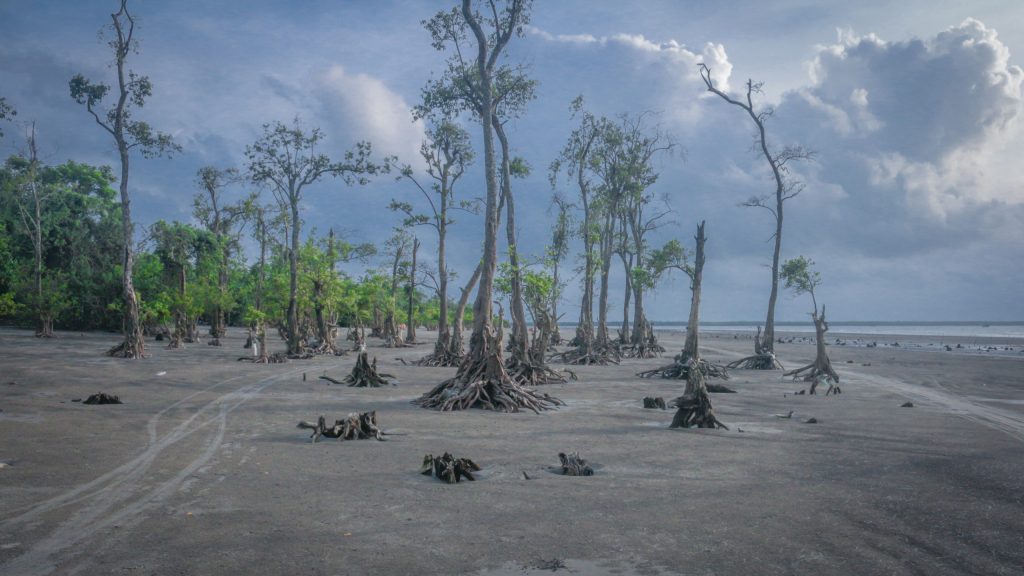
Niger Delta's Environmental Crisis Prompts Major Mangrove Restoration Initiative
The Niger Delta region in Nigeria is grappling with a severe environmental crisis, characterized by the significant loss of its vital mangrove forests. This decline is driven by deforestation, oil exploration, spills, industrial activities, and climate change, leading to widespread environmental degradation. This degradation threatens biodiversity, disrupts local livelihoods, and exacerbates the broader impacts of climate change.
In a proactive response, the Rivers State Government has partnered with Serendib Capital, Eight Versa, and the Foundation for Partnership Initiatives in the Niger Delta (PIND) to launch an ambitious 30-year mangrove restoration and conservation initiative. This collaboration aims to rehabilitate 240,000 hectares of seagrass and establish the world’s largest blue carbon initiative.
The project includes extensive mangrove restoration, seagrass conservation adjacent to 170,000 hectares of mangrove areas, sustainable agriculture, tree planting, and biochar production. This holistic approach seeks to restore the ecosystem while promoting sustainable development.
Nelson Chukwudi, Chief Press Secretary to Governor Siminalayi Fubara, emphasized that this initiative is a crucial component of the Delta AZURE program, which aspires to be the world’s largest blue carbon project.
During the MoU signing in Port Harcourt, Rivers State Commissioner for Energy and Natural Resources, Maximus Uchechukwu Nwafor, highlighted the significant benefits this project will bring to the state, including increased revenue and enhanced environmental health.
“We have signed an MoU with Serendib Capital, which will benefit our state and increase our revenue. We have requested all necessary requirements, including security and other aspects, to ensure the project’s success,” Nwafor remarked.
Rafat Rizvi, CEO of Serendib Capital, emphasized that this collaborative effort aims to achieve profound environmental and socio-economic benefits in Rivers State. He pointed out that this initiative is intended to set a global benchmark for future mangrove restoration projects.
“Nigeria’s mangrove forests, spanning 10,500 km², are the largest in Africa and the third-largest globally. These vital ecosystems provide biodiversity support, flood prevention, coastal erosion protection, and carbon sequestration. However, they face severe degradation, with the Niger Delta region losing approximately 40% of its mangrove forest between 1996 and 2016,” Rizvi stated.
The conservation project is expected to generate carbon credits, offering local communities an alternative income source and encouraging their active participation in preserving these crucial ecosystems. This groundbreaking initiative marks a pivotal step towards safeguarding Nigeria’s mangrove forests and fostering sustainable development in Rivers State.







Wow superb blog layout How long have you been blogging for you make blogging look easy The overall look of your site is magnificent as well as the content